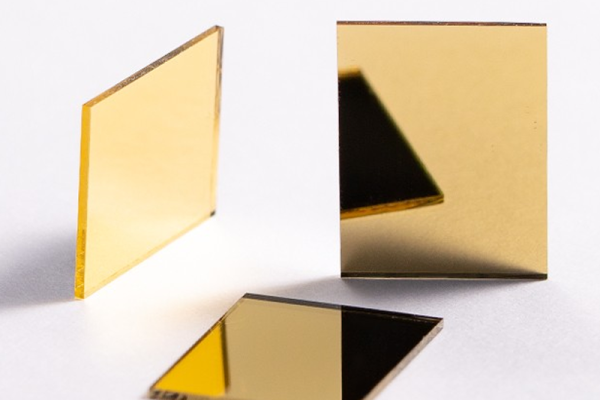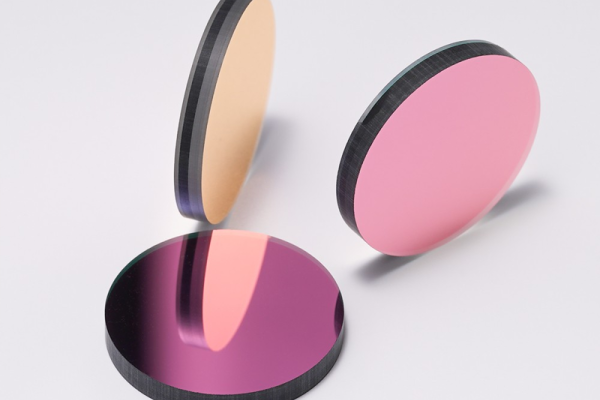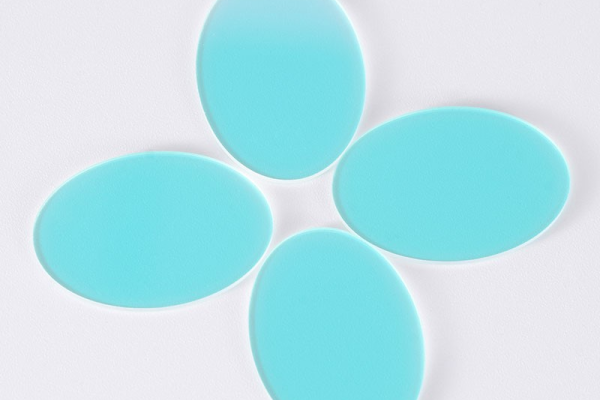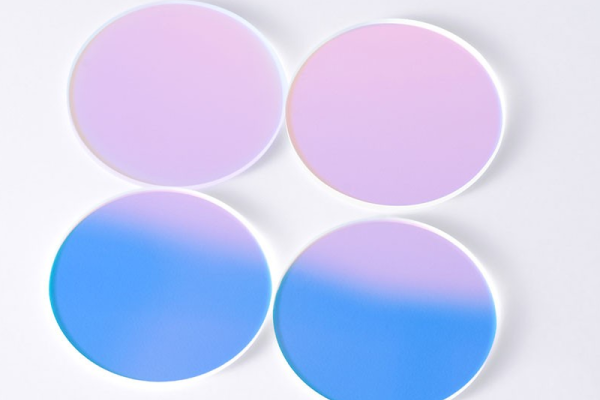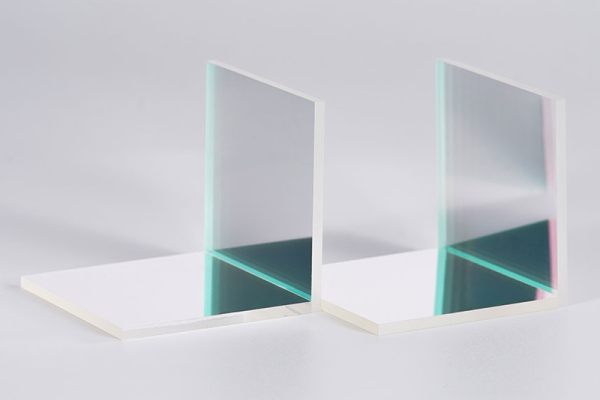Gold-Coated Mirrors (Au Mirrors) | >98% Reflectivity | UV to IR Range | Laser-Grade Optical Surfaces
When ordinary metallic coatings fail under thermal load, humidity, or broadband applications, Manufactures delivers ultimate performance with our precision Gold-Coated Mirrors. Engineered for maximum reflectivity across ultraviolet (UV), visible, and infrared (IR) spectra, these mirrors set the standard for reliability in laser, imaging, and scientific systems where photon efficiency is non-negotiable.
SP680 Shortpass Filter: Precision UV/VIS Transmission & IR Blocking | Sharp 680nm Cutoff
In applications demanding strict isolation of UV/visible light while rejecting infrared noise, spectral precision defines performance. Manufactures delivers uncompromising optical engineering with the SP680 Shortpass Filter – engineered for critical UV/VIS transmission (300–680nm) and aggressive IR blocking (>680nm) in scientific, industrial, and imaging systems.
SP365 Shortpass Filter | UV Transmission Optimized (<365nm) | Hard Coated Optical Filter
In applications demanding strict ultraviolet (UV) spectrum control, unwanted visible and infrared light compromises accuracy. Manufactures delivers critical optical precision with the SP365 Shortpass Filter – designed to transmit UV radiation below 365nm while aggressively blocking longer wavelengths for superior signal integrity.
NF650 High-Density Negative Filter: Precision Red Light Suppression for Critical Applications | OD6+ Blocking at 650nm
In applications where ambient red light or laser emissions compromise performance – from scientific imaging to industrial automation – uncontrolled 650nm radiation creates noise, glare, and safety hazards. Manufactures solves this with the NF650 Negative Filter: a high-density spectral barrier engineered to deliver absolute suppression of 650nm red light while transmitting desired UV, visible, or NIR wavelengths.
NF680 Precision Notch Filter | Red-Orange Light Blocking (620-680nm) | High OD6+ Rejection
In applications where ambient red-orange light sabotages performance—from industrial machine vision to scientific imaging—conventional filters fall short. Manufactures solves this with the NF680 Notch Filter, delivering surgical precision in blocking disruptive 620-680nm wavelengths while transmitting critical UV, visible, and NIR light.
BPF980 NIR Bandpass Filter | 980nm Center for Accurate Moisture Analysis
The BPF980 is a precision-engineered Near-Infrared (NIR) bandpass optical filter, specifically designed for high-accuracy moisture detection and analysis systems. Centered at 980nm – the critical wavelength where water molecules exhibit strong absorption characteristics – this filter ensures optimal signal-to-noise ratio for reliable moisture sensing.
